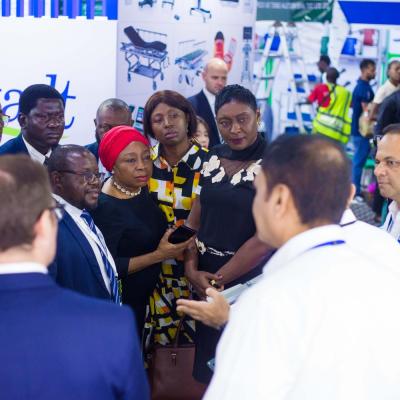Frontpage News (3259)
 The timeless aphorism says that health is wealth, yet one of the biggest challenges facing Nigeria since independence has been the country’s inability to guarantee affordable and universal health care to its citizens. Little wonder that we are consistently ranked in the comity of poor nations? Access to health care is not only important, it is also fundamental to all areas of social development, from combating poverty to achieving a high standard of living.
The timeless aphorism says that health is wealth, yet one of the biggest challenges facing Nigeria since independence has been the country’s inability to guarantee affordable and universal health care to its citizens. Little wonder that we are consistently ranked in the comity of poor nations? Access to health care is not only important, it is also fundamental to all areas of social development, from combating poverty to achieving a high standard of living.
 The Federal Government says it will shut down all open drug markets this year to curb unwholesome drug distribution system. The Minister of Health, Prof. Isaac Adewole, disclosed this in a statement issued after a ground breaking ceremony of the Coordinated Wholesale Centre (CWC) in Abia.
The Federal Government says it will shut down all open drug markets this year to curb unwholesome drug distribution system. The Minister of Health, Prof. Isaac Adewole, disclosed this in a statement issued after a ground breaking ceremony of the Coordinated Wholesale Centre (CWC) in Abia.
Adewole, in the statement made available to the News Agency of Nigeria (NAN) by the Pharmacists Council of Nigeria (PCN) on Wednesday, frowned at the chaotic drug distribution system in the country thereby endangering the lives of the populace.
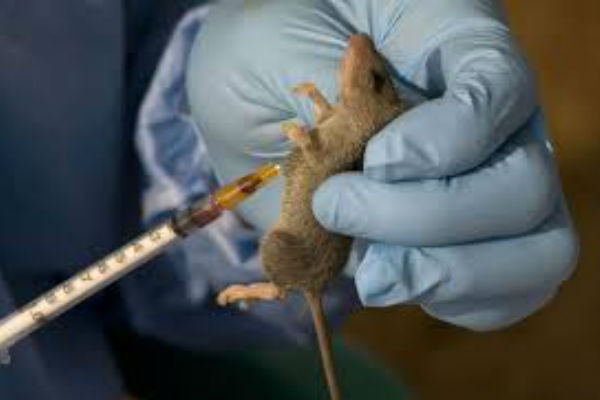 The management of Federal Medical Centre, Umuahia, says no case of Lassa fever has been recorded in the hospital. The Public Relations Officer (PRO) of the hospital, Mr Darlington Madubuko, told newsmen on Tuesday in Umuahia that it was untrue the reported death of a suspected Lassa fever patient in the centre.
The management of Federal Medical Centre, Umuahia, says no case of Lassa fever has been recorded in the hospital. The Public Relations Officer (PRO) of the hospital, Mr Darlington Madubuko, told newsmen on Tuesday in Umuahia that it was untrue the reported death of a suspected Lassa fever patient in the centre.
He described the report as false and implored reporters to always cross-check their facts before publishing.
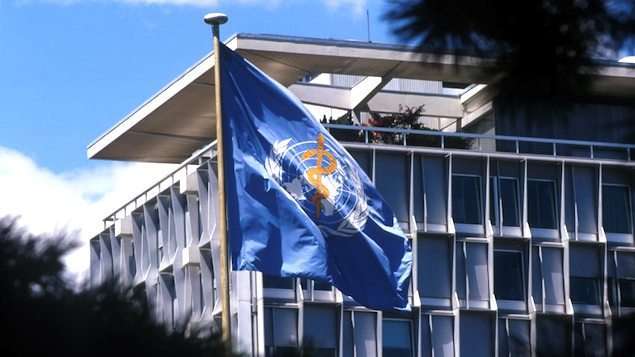 The World Health Organisation (WHO) has launched a new Global Antimicrobial Surveillance System (GLASS), a global effort to address drug resistance.
The World Health Organisation (WHO) has launched a new Global Antimicrobial Surveillance System (GLASS), a global effort to address drug resistance.
The GLASS will involve the development of tools and standards and improved collaboration around the world to track drug resistance, measure its health and economic impacts, and design targeted solutions.
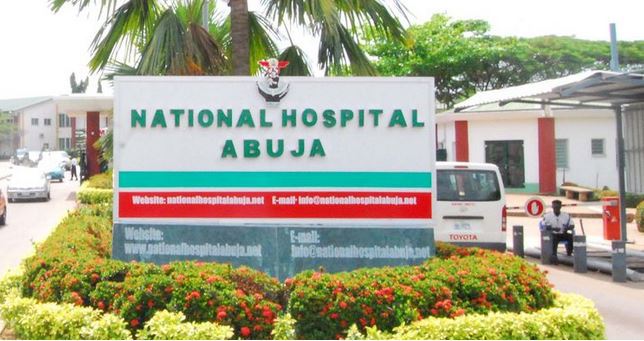 The Federal Government on Tuesday announced special intervention funds for tertiary and specialist hospitals in the country. The Minister of Health, Prof. Isaac Adewole, made this known at the opening ceremony of the National Executive Council Meeting of National Association of Resident Doctors (NARD) in Abuja.
The Federal Government on Tuesday announced special intervention funds for tertiary and specialist hospitals in the country. The Minister of Health, Prof. Isaac Adewole, made this known at the opening ceremony of the National Executive Council Meeting of National Association of Resident Doctors (NARD) in Abuja.
Mr. Adewole said each teaching hospital would get N300 million, Federal Medical Centres N120 million each, while each Fistula Centre and Specialist Hospital would receive N120 million to improve healthcare delivery.
 The Minister of Health, Isaac Adewole, on Saturday blamed the increasing number of health workers infected with Lassa fever on their refusal to take necessary precaution while treating patients.
The Minister of Health, Isaac Adewole, on Saturday blamed the increasing number of health workers infected with Lassa fever on their refusal to take necessary precaution while treating patients.
The Minister, who stated this in Abakaliki, Ebonyi State, when he paid a courtesy call on Governor David Umahi, described the recent outbreak in the state, which killed four health workers, as unfortunate.
UN agency distributes motorcycles for epidemic control, surveillance in Borno
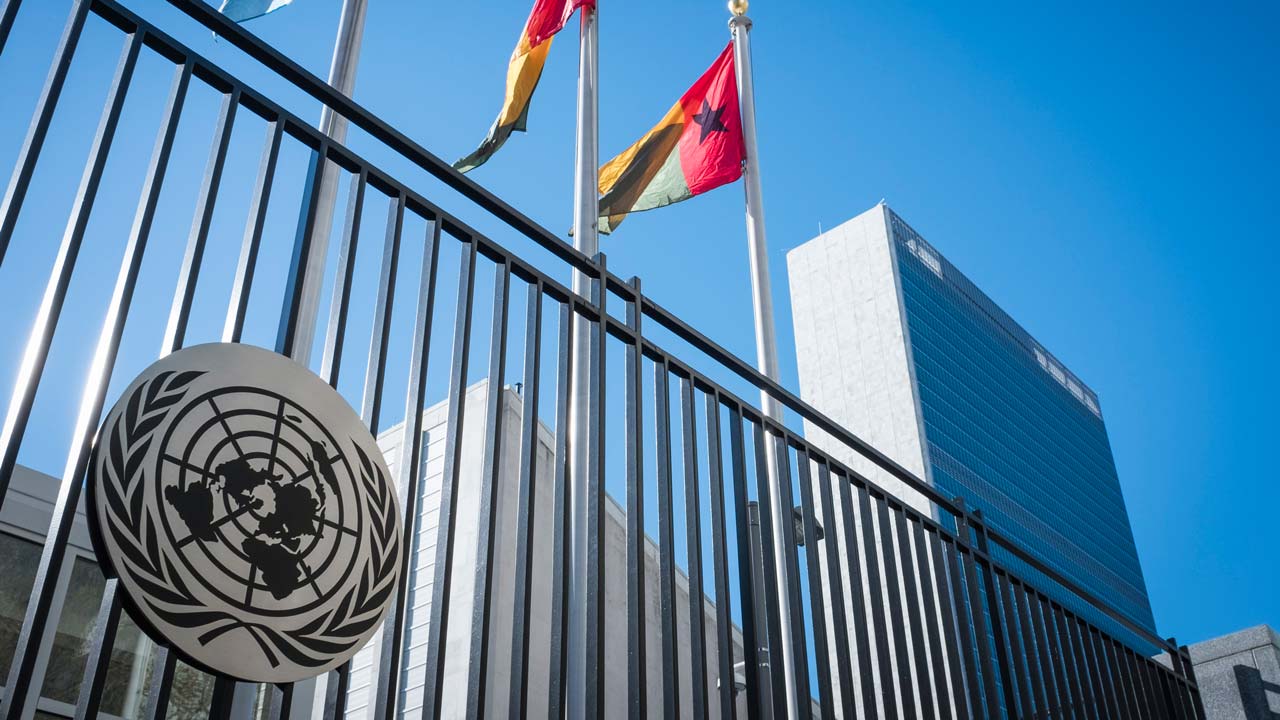 The World Health Organisation (WHO) has inaugurated the distribution of 12 motorcycles to Borno state government to strengthen “disease control and surveillance” that has claimed 62 lives last August.
The World Health Organisation (WHO) has inaugurated the distribution of 12 motorcycles to Borno state government to strengthen “disease control and surveillance” that has claimed 62 lives last August.
Presenting the motorcycles on Monday at the Emergency Operational Centre, Maiduguri, the WHO Country Representative, Dr. Wondimagegnehu
Alemu, said that the motorcycles will improve the mobility of disease notification surveillance officers in six local councils.
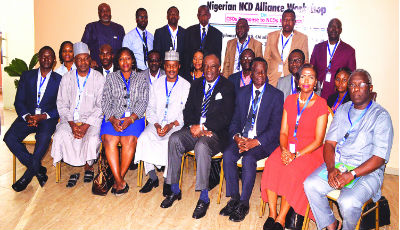 A recent study has shown that Non-Communicable Diseases (NCDs) are the leading cause of death in the world, representing 70 percent of all annual mortalities.
A recent study has shown that Non-Communicable Diseases (NCDs) are the leading cause of death in the world, representing 70 percent of all annual mortalities.
NCDs are diseases of long duration and generally slow progression. The main types of NCDs are cardiovascular diseases (heart attacks and stroke), cancer, chronic respiratory diseases (such as chronic obstructed pulmonary disease and asthma) sickle cell disease, diabetes, oral health and mental disorder.
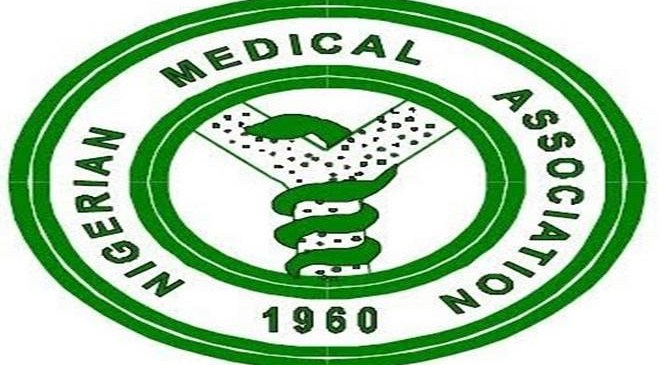 The Economic and Financial Crimes Commission (EFCC) yesterday arraigned a former chairman of the Nigerian Medical Association (NMA), Edo State chapter and four other doctors over alleged theft of about N27.7 million.
The Economic and Financial Crimes Commission (EFCC) yesterday arraigned a former chairman of the Nigerian Medical Association (NMA), Edo State chapter and four other doctors over alleged theft of about N27.7 million.Yellow Fever: WHO to Donate 20 Million Doses of Vaccines to Nigeria Annually
 The World Health Organisation (WHO) will be donating 20 million doses of vaccines annually for the eradication of yellow fever in Nigeria. The WHO Representative, Dr. Fiona Braka, who disclosed this in Abuja, said efforts must be geared towards containing the outbreak.
The World Health Organisation (WHO) will be donating 20 million doses of vaccines annually for the eradication of yellow fever in Nigeria. The WHO Representative, Dr. Fiona Braka, who disclosed this in Abuja, said efforts must be geared towards containing the outbreak.More...
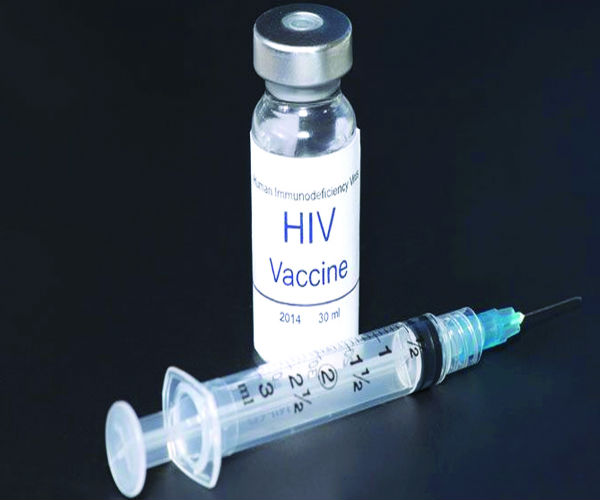 Research on Human Immuno-deficiency Virus (HIV) over the past decade has led to many promising ideas for vaccines to prevent infection by the Acquired Immune Deficiency Syndrome (AIDS) virus, but very few candidate vaccines have been tested in clinical trials.
Research on Human Immuno-deficiency Virus (HIV) over the past decade has led to many promising ideas for vaccines to prevent infection by the Acquired Immune Deficiency Syndrome (AIDS) virus, but very few candidate vaccines have been tested in clinical trials.
One reason for this is the technical difficulty of manufacturing vaccines based on the envelope proteins of the virus, according to Phil Berman, who led development of a major component of the only vaccine to have shown any efficacy against HIV in a clinical trial.
‘Cancer crippling global economy with N417.6 trillion lost yearly’
 The International Agency for Research on Cancer (IARC) and the World Health Organisation (WHO) have alerted that the economic impact of cancer is significant and is increasing as the total yearly economic cost of disease was estimated at approximately $1.16 trillion (N417.6 trillion).
The International Agency for Research on Cancer (IARC) and the World Health Organisation (WHO) have alerted that the economic impact of cancer is significant and is increasing as the total yearly economic cost of disease was estimated at approximately $1.16 trillion (N417.6 trillion).
A new study published Thursday in the journal, Cancer Epidemiology, evaluated, for the first time, the cost of productivity lost due to premature cancer deaths in several major emerging economies.Led by the IARC in partnership with leading cancer research institutions in these countries, the study shows that the productivity loss in Brazil, the Russian Federation, India, China, and South Africa, collectively known as the BRICS countries, reached $46.3 billion (N16.6 trillion) in 2012.
Living next to noisy roads, train tracks, airport increases risk of developing heart disease
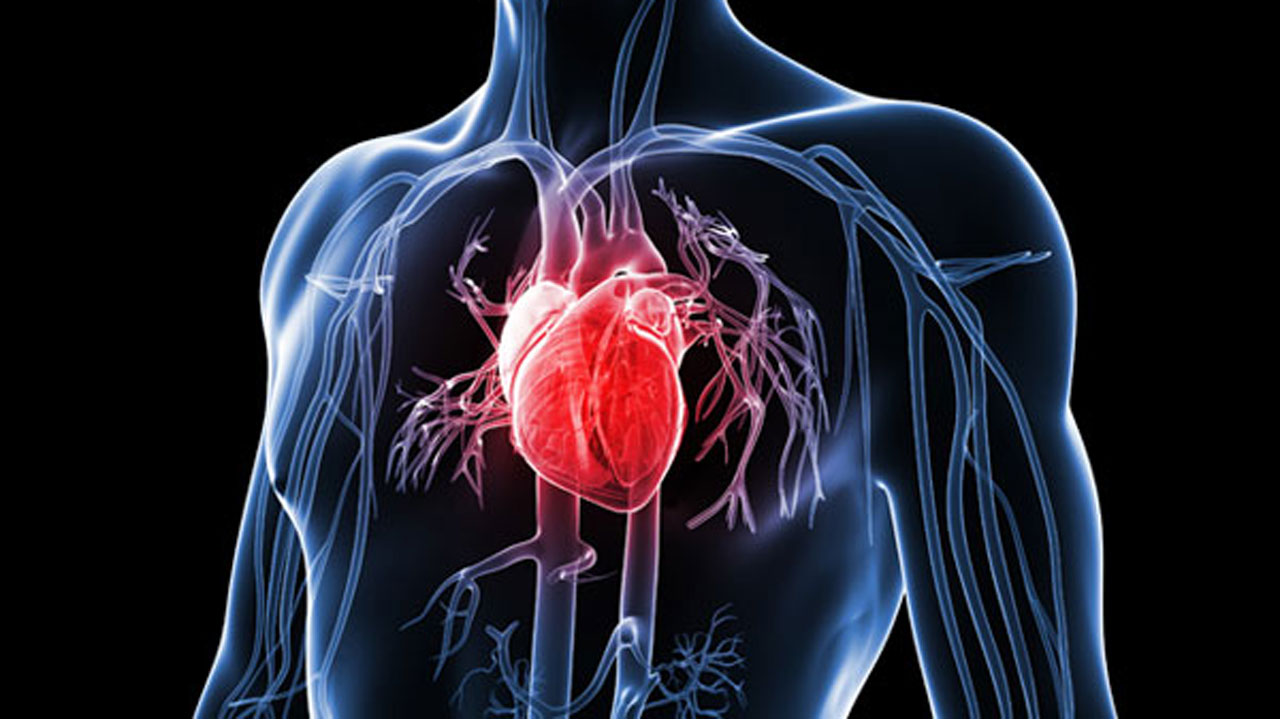 People who live near noisy roads, train tracks and airports are at greater risk of developing heart disease, research suggests. Experts believe a constant background drone raises the level of stress hormones to dangerous levels.
People who live near noisy roads, train tracks and airports are at greater risk of developing heart disease, research suggests. Experts believe a constant background drone raises the level of stress hormones to dangerous levels.
This increases the burden on the body’s blood vessels and damages cells, which over time can lead to heart attacks and strokes. The researchers, writing in the Journal of the American College of Cardiology, reviewed all available studies on the link between noise pollution and heart risk.
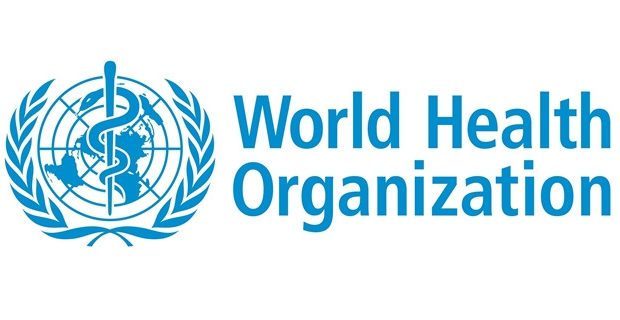 Dr Wondi Alemu, the Country Director of World Health Organisaton (WHO) has commended Federal Government over improved response to outbreak of diseases in the country. The country director made the commendation during the Emergency National Council of Health Meeting organised by Federal Ministry of Health on Monday in Abuja.
Dr Wondi Alemu, the Country Director of World Health Organisaton (WHO) has commended Federal Government over improved response to outbreak of diseases in the country. The country director made the commendation during the Emergency National Council of Health Meeting organised by Federal Ministry of Health on Monday in Abuja.

